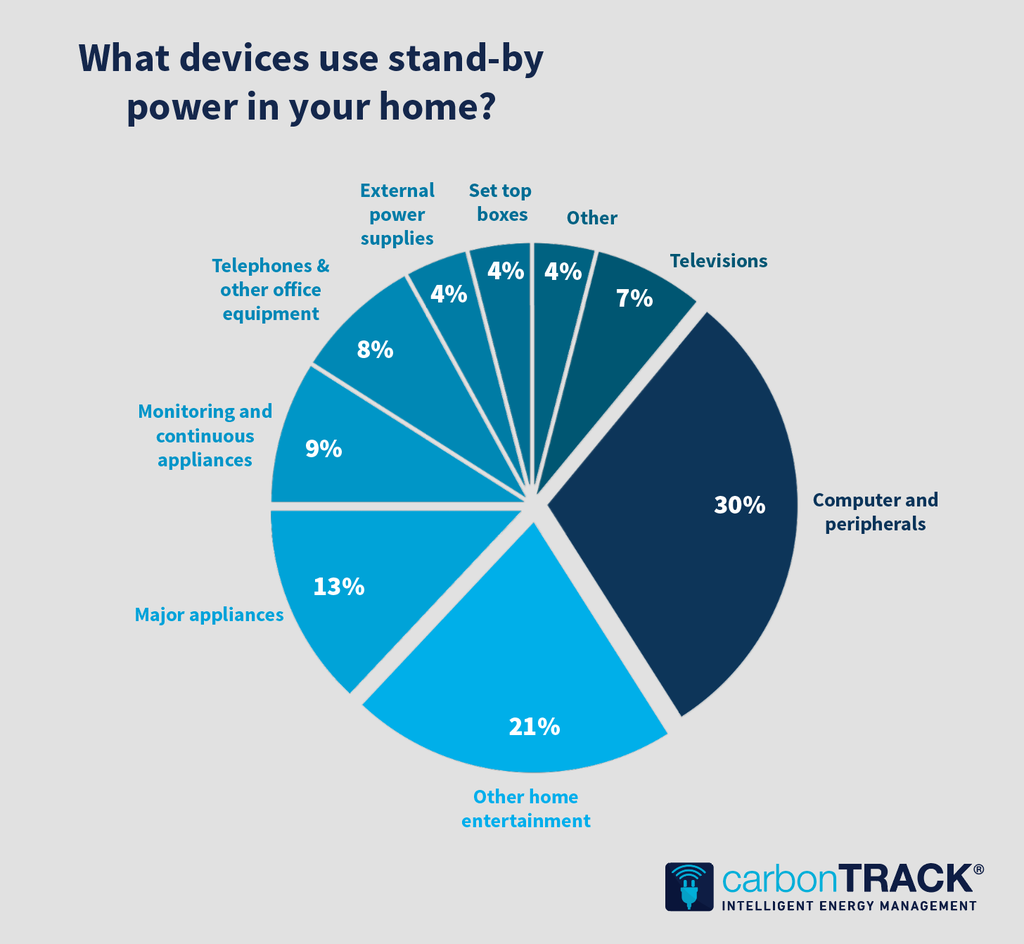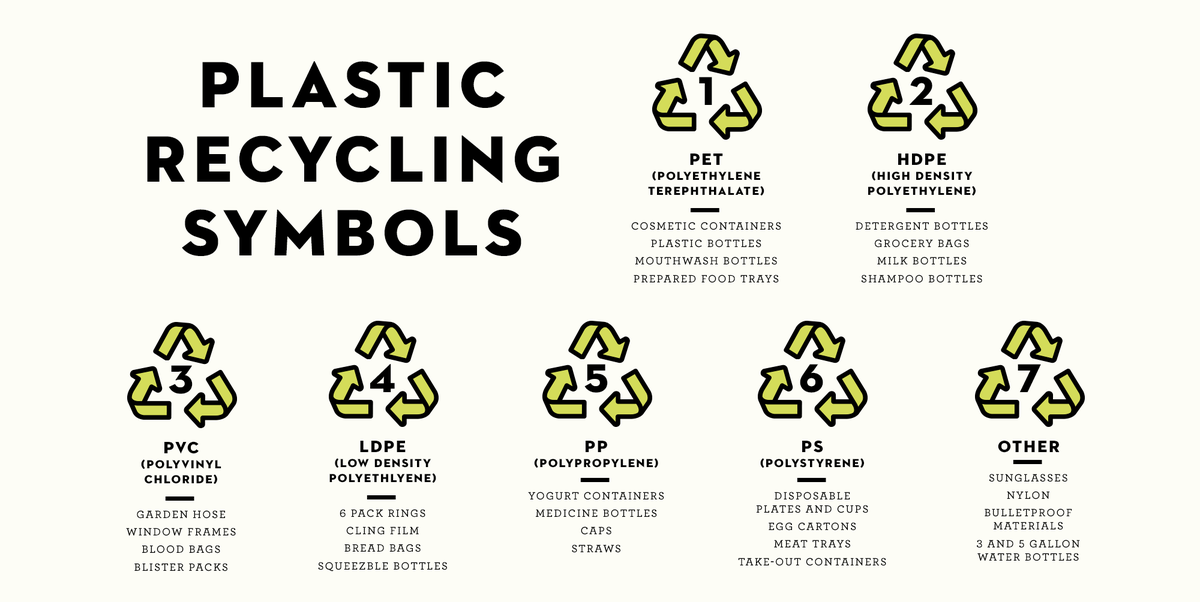Living in the residence halls for my first two years of college at the University of Wisconsin-Whitewater was a wake-up call to the reality of energy consumption. A wake-up call that everyone needs once in a while. We often get stuck in the same pattern and do not realize the effects we have made, whether it be on the environment or something else. The University has an enrollment of 12,000 students and every student here has a different perspective on values and how they live. One of the values I hold strong in my life is to live more sustainably, which has led me to look at my daily impacts and see how I can change them to help myself towards my goal. I started learning about environmental challenges when I was young. We were taught about the deforestation of the Amazon rainforest and how parts of the world that were once covered in trees are now covered by business parks and subdivisions. We started to focus on topics that we were interested in and I saw myself focusing on the effects of pollution or the way we change an ecosystem over time. The more I learned, the more I wanted to change the way I live. As a society we have to analyze our lives and see how we can all grow towards a sustainable future.
I walked through the halls as an excited freshman, like many of the other students, I grew closer to my fellow classmates, especially those in my learning community. We started to hangout in our dorm rooms almost everyday and I started to realize how much energy we were all wasting. My friends and I would often come back from class or from getting food and I would see their room light had been on since we left. A lot of my friends frequently played video games and often left their consoles on. One day I decided to ask why they didn’t just turn off the devices they weren’t using and they responded to me with, “I don’t have to pay for it, the University does.” This mindset was common around my friends and a majority of the other students as well. They do not care because they do not directly see the bill, when they should. The housing cost for a double room is $4,430 per year (as of 2021) at the University of Wisconsin-Whitewater. The cost includes the basics of housing, which means it includes electricity. So everyone that is paying for housing on campus is paying for the electricity.
Vampire Energy is another issue that people often don’t see the impact of directly. Vampire Energy, or Standby Energy, was given this name because many individuals assume that because the appliance isn’t on means it is not drawing energy. In actuality, The Department of Energy has estimated that around 10% of the energy in an average household is spent on vampire energy alone. (Slay the energy vampires in your home 2021). The easiest way to avoid wasting energy is just to unplug electrical appliances that you are not currently using.

I have started making it a daily habit so I am not wasting money on energy that I am not using. When I make breakfast in the morning, I unplug the toaster and my tv after I use it. Even though unplugging appliances seems insignificant, it does provide many benefits. I have only recently started doing this (since I am living in my own house and now realize bills are quite expensive) and I have already started to notice my bills becoming gradually cheaper. Saving money is important for a lot of people and it is also a good way to start living sustainably. The use of energy is often looked at as something that we can keep creating. This is true, but the environmental impact on the way we get energy negatively impacts the planet. The less energy we use, the less negative impact it will have on the environment.
There are plenty of more ways to make your residence hall room more energy efficient and sustainable! There has been an increase of sustainable products in the past few years which means they are more accessible to find! Start small and swap out things you run out of. Are you done with your plastic toothbrush? Find one made out of bamboo that is biodegradable. Run out of shampoo that was in a plastic container? Search the web for solid shampoo and conditioner bars, or you can even look up a recipe to make your own! Before you add something to your shopping list try researching to see if there is an eco-friendly alternative that you might like instead.
Another way to become more sustainable is by reusing items. Instead of shopping for dorm necessities, see if any of your friends that have graduated from college are getting rid of their old items. You won’t have to pay as much and new products are not being made, this helps save natural resources that can be used elsewhere or not at all. If you are off-campus, try going to a secondhand store to buy used furniture. If you don’t know what you need for your dorm or off-campus apartment, then do not buy anything right away. Oftentimes, people buy furniture that they do not need and end up wasting money, and afterwards it could end up in the landfill.

Reduce, Reuse, Recycle is a common phrase we have heard since we were young and we often forget about the most basic part, recycling. There are a lot of myths people assume about recycling; for example, anything plastic can be thrown into the recycling. This however is not always true. Each city has their own rules and it depends on the company that provides the service. Whitewater takes plastic #1-7 which means that relatively all the plastic you have should be recycled if it has any of these numbers inside the recycling logo. Our city has a cheat sheet that provides everything you would want to possibly know about recycling in our community.
A recent addition to the slogan Reduce, Reuse, and Recycle are the phrases Refuse and Repurpose. The former is about saying no to products you do not need. Living on a college campus there is bound to be free handouts that most people decide to take. Flyers handed out are often thrown in the next garbage can, instead just don’t take the items offered. The latter, Repurposing, is focused on the idea of mending items you already have. Individuals often just throw items away that they believe are broken when all they need is to mend it. Taking the time to see if you can repurpose a product will save you money and instead of depleting resources from the environment you are able to repair the item or turn it into something new.
Even one small step can help the planet especially if we all take the initiative to make it a daily habit. Turning off the lights in the daytime might just make you realize that it’s a better mood to study in. Unplug your electronics and you might not get distracted from your schoolwork as much. Replacing your old plastic shampoo with a new solid shampoo bar might help you find a new scent that you really enjoy. When you are shopping for a new pair of sneakers that just launched take a moment to think if you really need them. A lot of sustainable actions are more cost effective and can help you save money. Starting off with something small might make you realize how important that first step is.